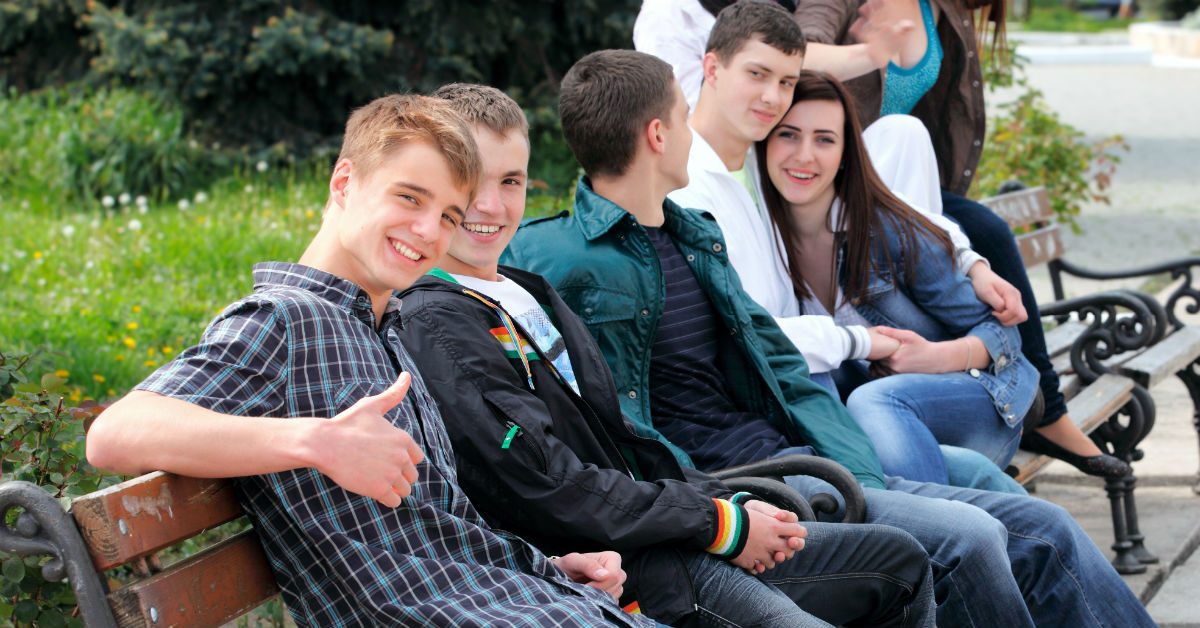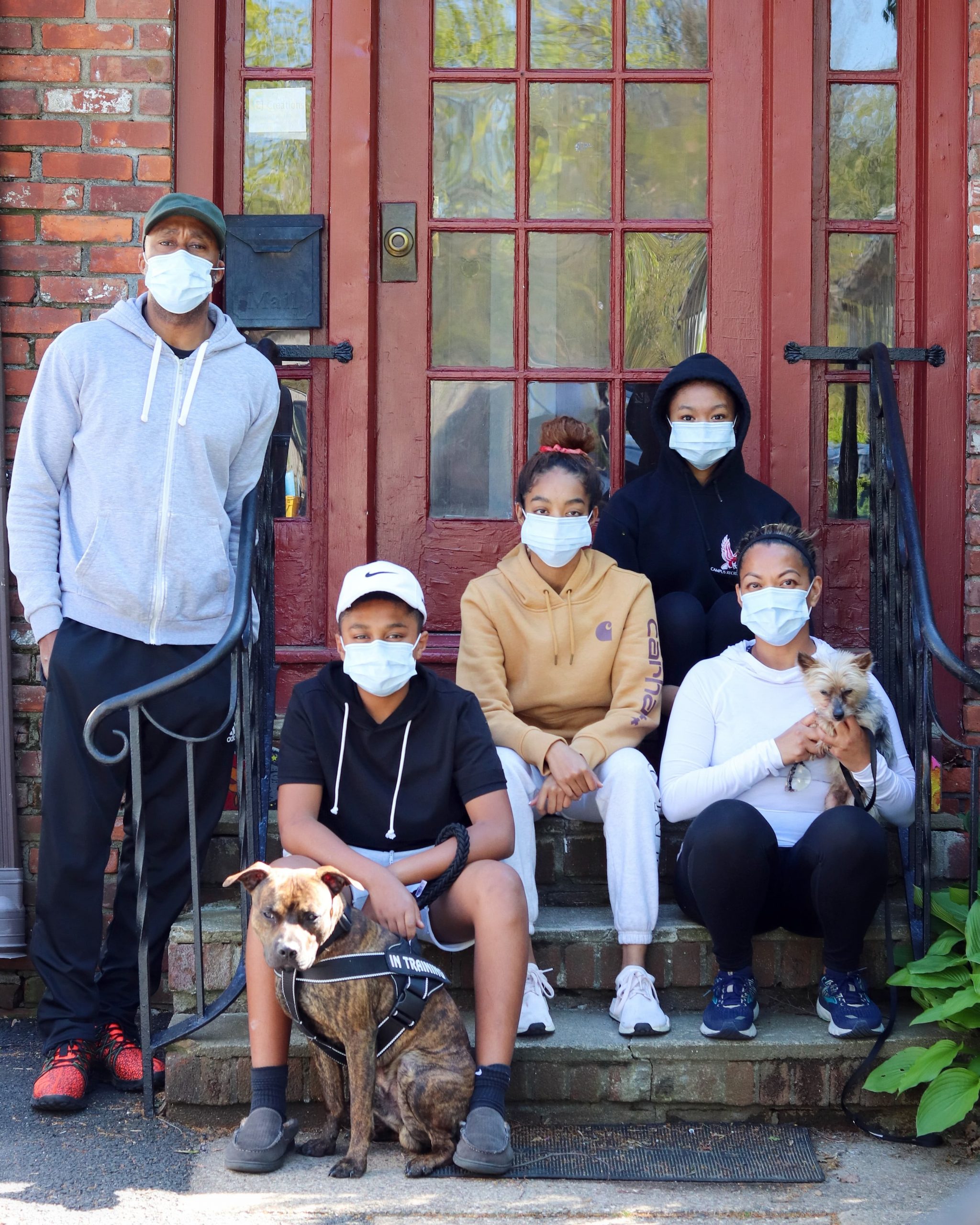Belligerent. Disrespectful. Undisciplined. Defiant. Aggressive. Destructive. All these words and more often describe troubled teen boys who are dealing with a range of emotional, behavioral and mental health issues. For parents of troubled teen boys, getting them the help they need is the first and most important step. Many parents think that if their son would just “talk to someone” that the problems would go away.
However, there are times when a therapeutic approach alone doesn’t provide the necessary structure and discipline that troubled teen boys need to overcome the challenges they face. That’s when parents needs to consider residential treatment programs.
The Problem With Day Therapy
Most parents and teens who are just beginning the process of getting a troubled boy back on track may seek recommendations from doctors, school counselors and other experts to have the teen attend therapy sessions for a while. These therapy sessions usually take place a few times per week, with a licensed, experienced professional. While the therapist is doing the best they can with the limited time available, sometimes day therapy is not enough.
When a troubled teen boy is in real trouble, a few hours of counseling per week is often not enough to counteract the overwhelming negative influences elsewhere, such as at school, with peers, and even a troubled home life. Parents who are helping their teen with day therapy sessions, but are no noticing much of a difference or even witnessing worse behavior, should consider residential treatment.
What is Residential Treatment?
Residential treatment is an umbrella term for on-site teen help programs such as therapeutic boarding schools, residential treatment centers, wilderness camps, working ranches and other similar facilities and programs. These residential treatment programs are found in nearly every state and are specifically designed to feed, house, educate and treat troubled youth.
Residential treatment programs for teens provide a structured, safe place for teens to get out of their current environment with all its negative effects, and start again surrounded by staff and peers who understand what is going on and how best to help the troubled teens. Residential programs for troubled youth focus on a number of things, such as setting and achieving goals, getting consistent counseling, taking on responsibilities, keeping up in school and contributing to the program via chores and other work. While it is difficult for parents to consider placing their troubled teen sons in a residential program, it’s often the best decision for everyone involved.
What are Residential Treatment Programs Like?
Residential treatment programs like therapeutic boarding schools are designed to help troubled teens get the professional help they need. Most programs focus on three areas: Therapy, academics and social/recreation.
Therapy: Residential treatment facilities employ licensed and professional therapists, counselors and advisors who work with troubled teens via individual and group therapy sessions several times per week. Often, family therapy sessions are included. The intense therapy helps the teens get help in overcoming a range of issues and learn new coping skills on how to deal with their problems. Typical teen struggles may include depression, anxiety, ADD/ADHD, bipolar, low self-esteem, abuse trauma, oppositional defiant disorder, adoption or abandonment issues, substance abuse and more. Once teens get to the root of the problem they are better able to move forward.
Academic: Residential programs have a special emphasis on getting troubled teens back into a school atmosphere and maintain academic progress. Licensed teachers in small classrooms give teen boys the chance to catch up to their grade level, often with special academic plans, tutoring sessions and more. The emphasis on academics can even extend to college prep courses or vocational/technical training in some facilities.
Recreational/Social: Many residential programs offer lots of things to do for troubled teens. From equine therapy and farm work to sports leagues, extracurricular clubs and recreational therapy, teens can set and achieve goals, build self-esteem, develop new hobbies, form healthy relationships with peers and learn more about living life in a positive and healthy way.
No matter what a troubled teen boy’s particular challenges in life are, there’s a residential program that is perfect for him to work out his emotional, behavioral and mental health issues. Parents who are frustrated at the lack of results with traditional day therapy should seriously consider residential programs for troubled youth and see how their troubled teen boy’s life turns around for the better.








0 Comments